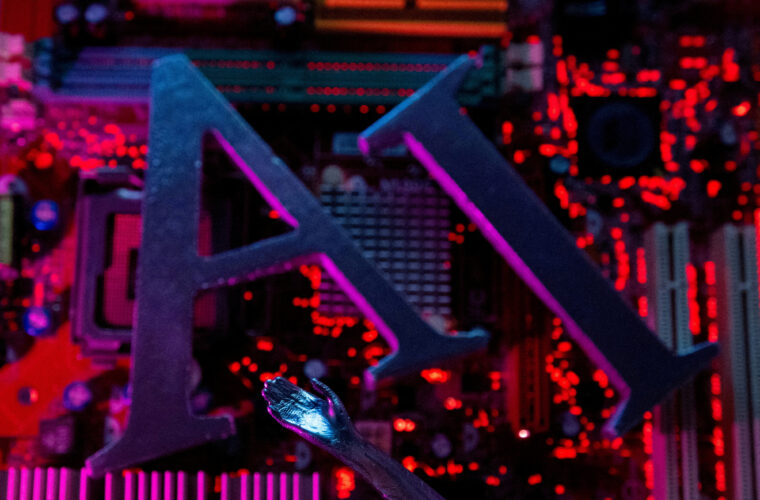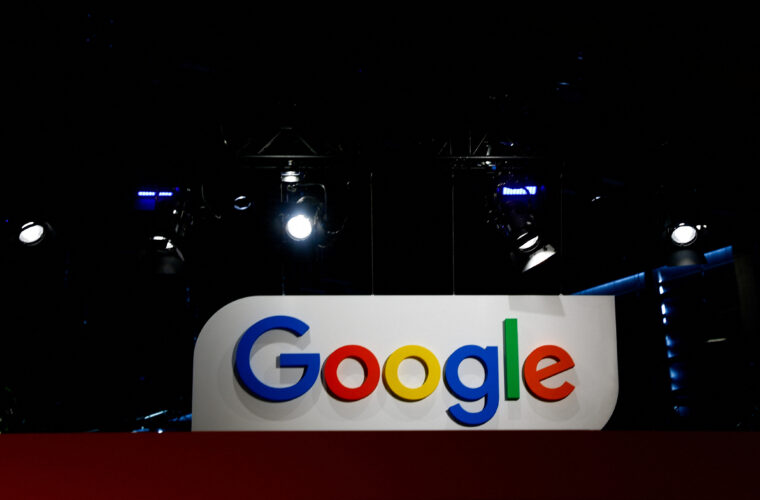Microsoft and ChatGPT on the one hand, Google and Sparrow on the other. This could be the summary of the game regarding artificial intelligence-based chatbot developments. At least circumscribing the field to the two big companies most interested in the topic. ChatGPT is well-known even to those who know little or nothing about technology and AI because the improvements of the software developed by Open AI have been so obvious and rapid that they have hit the headlines worldwide.
It is precise because of the potential, only partly expressed so far, of the chatbot, on which Microsoft is betting considerable resources, that the red alert has gone off at Google to draw up a roadmap for the technology that is destined to upset the sector more than any other in the medium term.
After an initial investment of around $1 billion in Open AI, an artificial intelligence research organisation founded in San Francisco in 2015 by a group of wealthy entrepreneurs interested in riding the wave (such as Peter Thiel, LinkedIn co-founder Reid Hoffman, former Stripe CTO Greg Brockman and Elon Musk, who later left the group), Microsoft has confirmed that it wants to strengthen its multi-year partnership with the AI lab to integrate the most advanced generative language model into its services.
Sources familiar with the negotiations outlined an investment of around $10 billion to Reuters. “In this next phase of our partnership, developers and organisations across industries will have access to the best AI infrastructure, models, and toolchain with Azure to build and run their applications,” said CEO Satya Nadella.
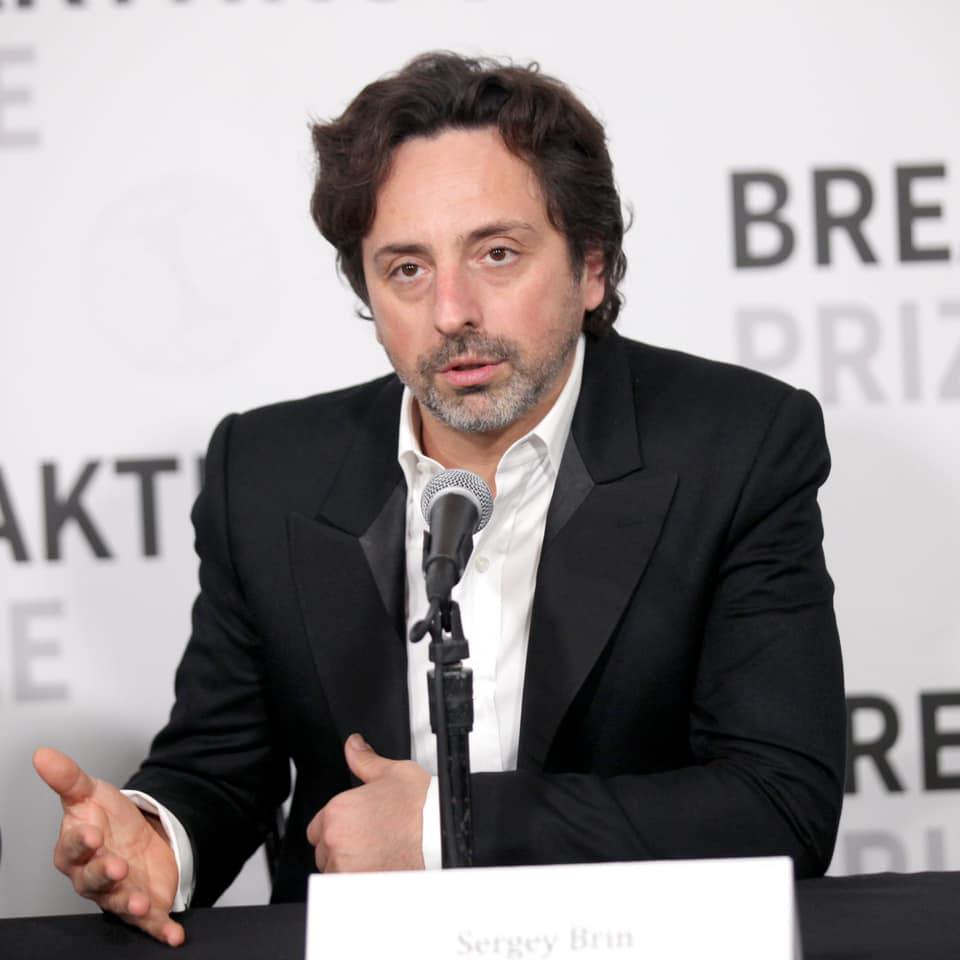
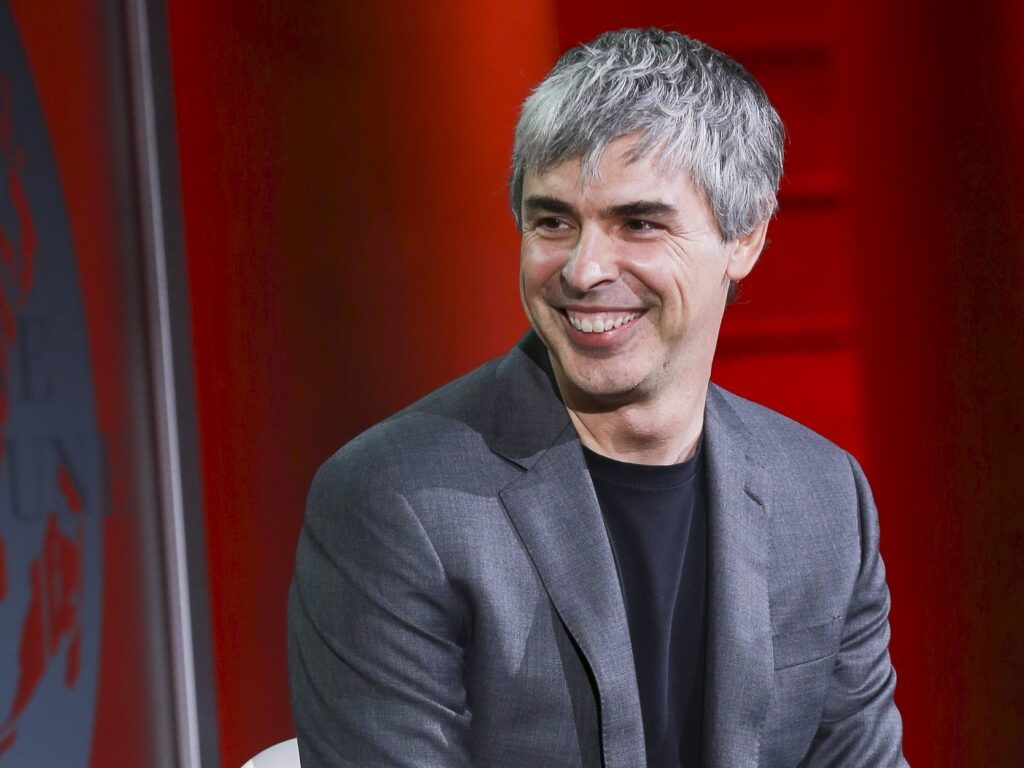
The return of Sergei Brin and Larry Page
Despite its sidereal advantage, Big G cannot sleep soundly, so in recent months, it has decided to invest more in developing products based on artificial intelligence. Among Microsoft’s ambitions is to exploit ChatGPT and future Open AI solutions on Bing. This search engine has never challenged Google and, according to Statista, has a market share of close to 9% in December 2022.
To do so, however, CEO Sundar Pichai has asked Larry Page and Sergei Brin, the two Google founders who have been away from the company for a long time and have been in the billionaires’ index (both Bloomberg‘s and Forbes‘) for decades, for help. The two have not been actively involved in a Google project since 2019 when they chose to enjoy time and money instead of the office.
According to reports in the New York Times, both of them have already had several talks with Pichai and provided suggestions to Alphabet’s executives to define the strategy to follow in the face of ChatGPT and competitors that could jeopardise Big G’s supremacy as a search engine capable of understanding users’ requests and giving appropriate answers to needs also because generative language models are gradually transforming not only human-machine relations at the textual level.
Dall-E 2 is one of the most popular software packages capable of generating images based on user prompts, ensuring interesting results; however, much improvement is needed. Dall-E 2 is an Open AI initiative, and thus Microsoft has secured itself a certain advantage over another big tech in this development area. Not to mention that Open AI is also working on solutions capable of converting text into audio, video, code and 3D models.
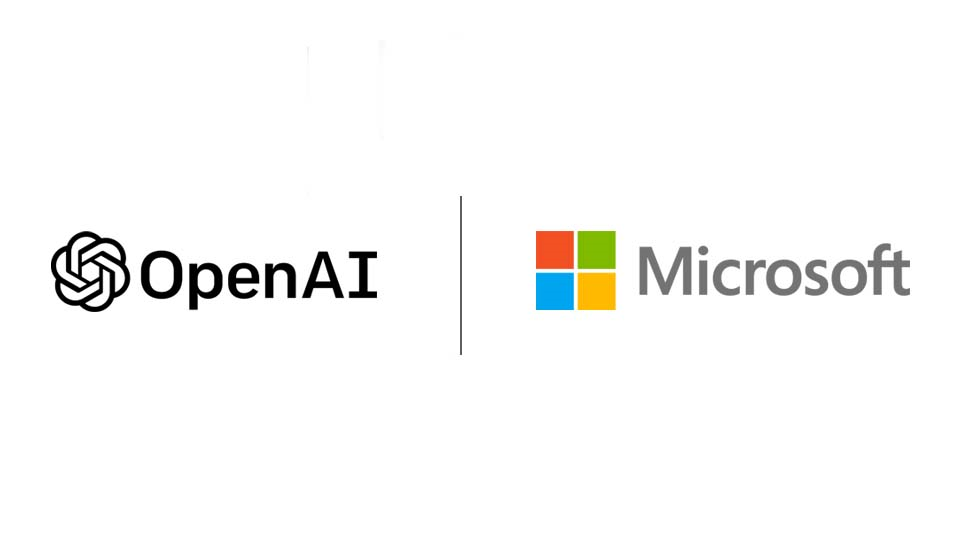
The risks of chatbots for Google
More than as a rival, however, at this early stage ChatGPT and other AI software trained to provide tailored responses to user queries are emerging as pitfalls for the functioning of the algorithm that drives the search engine. Using artificial intelligence to index content and climb positions on Google could generate unreliable results and thus undermine the quality of the search engine itself, which could deceive the content produced by chatbots. To the list of dangers must be added the risks linked to sexism, racism, and fake news, because it is all too easy to spread invented information through these tools.
Considered until recently still immature and risky for the company’s reputation, Google now wants to speed up the pace and present a series of demos in anticipation of the I/O in May, its annual event at which it unveils new products and for developers. Among the upcoming solutions would be an image generator that can create images and make modifications and the MakerSuite tool that other companies can use to create AI prototypes from the browser. Meanwhile, Mountain View is also working on chatbots and other AI-based products.
The demo shown by Google is said to prioritise ‘getting answers right, ensuring security and eliminating incorrect information’ to try to overcome a limitation of artificial intelligence, which sometimes provides incorrect information.
Waiting for Sparrow
Significant news on the subject came from Demis Hassabis, founder of DeepMind, the artificial intelligence company controlled by Alphabet, who told Time of plans to release Sparrow, the chatbot designed to take on ChatGPT by the end of this year, thanks in part to features unknown to its rival, such as the ability to cite sources during the learning process. While waiting to find out when Sparrow will arrive, Google clarified that artificial intelligence is one of the company’s priorities.
“We need to reorganise our spending base and direct talent and capital to higher priorities,” said Pichai, including artificial intelligence. Meanwhile, several of Big G’s employees have been affected in a more or less direct way: 12,000 layoffs have been announced, amounting to about 6% of the company’s total workforce, after too many recruitments during the pandemic. Thus Google joined Amazon, Twitter, Meta and Microsoft in extending the wave of cutbacks that has gripped the tech sector in recent months.

